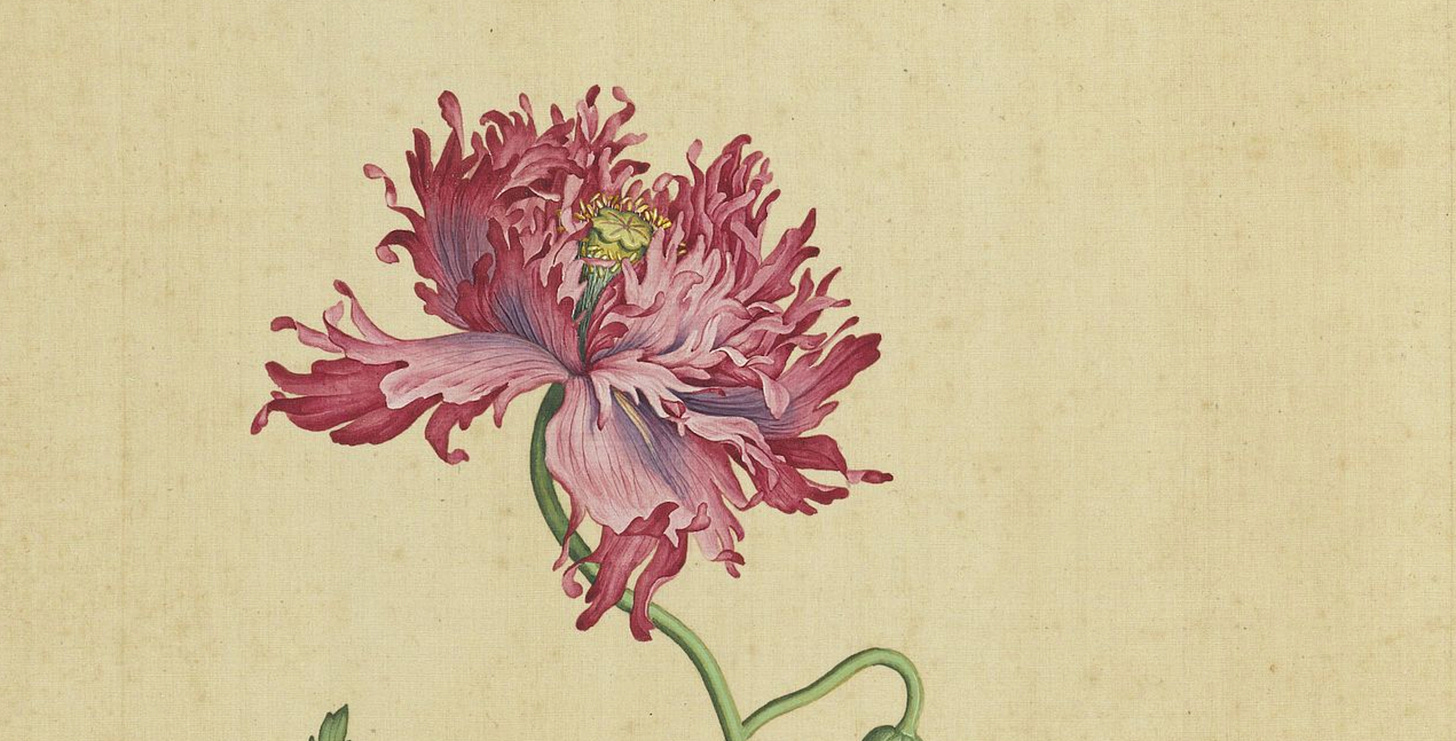Before you get your pain meds, if you’re sitting around in the emergency room, you’re hearing a lot of screaming, and maybe you are also screaming, though in my case I mostly kept looking at nurses and saying please, please, please. Saying this to the nurses is part of an elaborate ritual because they won’t help you until it’s your turn and they know it and you know it but you are very afraid of being forgotten.
Then once you cross the blessed line, some sweet opioids shot right into your veins, the screaming keeps going. There’s a language to pain and to maintaining your access to the medication. If you mess it up and say your pain is a 6 when it needs to be a 7, you might have an understanding nurse, but you might not. But there’s also just the need for attention, to be recognized, because so much experience in hospitals involves being parked someplace by somebody you might not see again to await a test. And then maybe you’ll just sit there forever.
Waiting for a CT scan you hear a c…
Keep reading with a 7-day free trial
Subscribe to Notebook to keep reading this post and get 7 days of free access to the full post archives.


